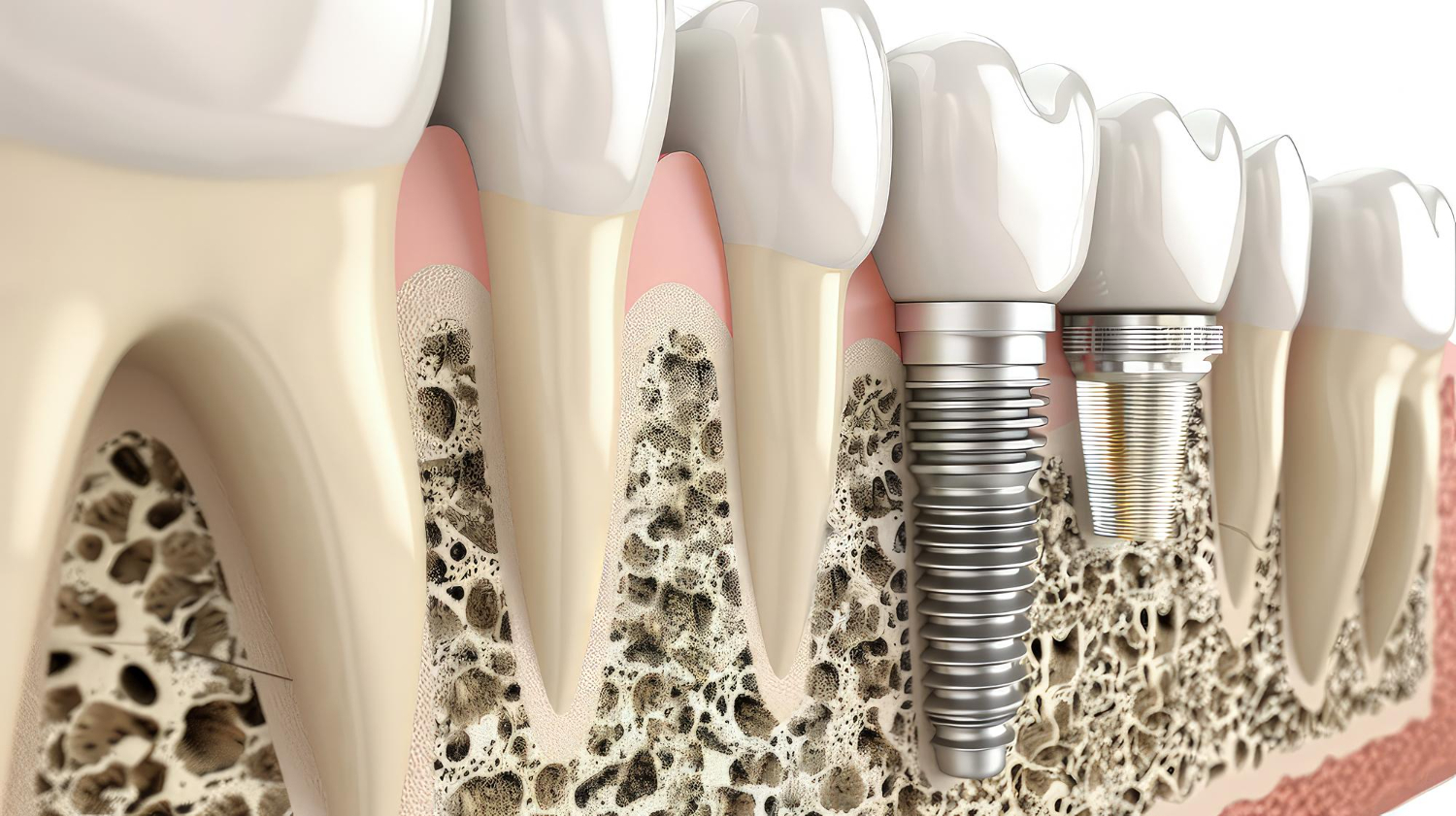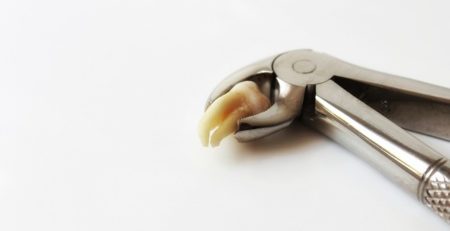When to Consider Dental Implants
Dental implants have revolutionized modern dentistry by providing a reliable solution for replacing missing teeth. Whether you’ve lost teeth due to injury, decay, or other reasons, dental implants offer a natural-looking and long-lasting alternative to bridges or dentures. Knowing when to consider dental implants involves understanding various indicators and situations where they can significantly improve your oral health and overall quality of life.
Missing Teeth Affecting Your Smile and Confidence
One of the most apparent reasons to consider dental implants is when missing teeth affect your smile and confidence. Gaps in your smile can impact self-esteem and how you interact socially. Dental implants not only fill these gaps but also look and function like natural teeth. Whether you’re missing a single tooth or several, implants provide a permanent solution that blends seamlessly with your remaining teeth. This restoration of your smile can boost your self-confidence and improve your overall appearance.
Moreover, dental implants prevent neighboring teeth from shifting into the empty space, which can lead to bite issues and further tooth loss over time. By maintaining proper alignment and spacing, implants contribute to the long-term health of your remaining teeth and gums.
Difficulty Chewing or Speaking Clearly
If missing teeth are causing difficulties with chewing certain foods or enunciating words clearly, it may be time to consider dental implants. Unlike removable dentures, implants function like natural teeth, providing stability and strength while eating and speaking. This stability allows you to chew a variety of foods without discomfort and speak naturally without worrying about dentures slipping or clicking.
Implants are anchored securely into your jawbone through a process called osseointegration, which ensures they stay in place while performing daily activities. This stability restores your ability to enjoy a diverse diet and communicate effectively, enhancing your overall quality of life.

Bone Loss in the Jaw Detected During Checkups
During routine dental checkups, your dentist may discover bone loss in your jaw, which can occur after tooth loss. This bone loss can compromise the support structure for your remaining teeth and may indicate a need for dental implants. Unlike bridges that rely on adjacent teeth for support, implants stimulate the jawbone and prevent further deterioration.
Through osseointegration, implants fuse with the jawbone, providing a stable foundation for replacement teeth and helping to maintain bone density. Addressing bone loss early with implants can prevent additional oral health issues and preserve the natural contours of your face.
Ill-Fitting Dentures Causing Discomfort
For individuals currently wearing dentures that are uncomfortable, slip, or cause sore spots, dental implants offer a more comfortable and reliable alternative. Implant-supported dentures are securely anchored to the jawbone, eliminating the need for adhesives and the discomfort associated with loose-fitting dentures. This stability enhances comfort during eating and speaking, allowing you to enjoy daily activities without the inconvenience of traditional dentures.
Implant-supported dentures also improve chewing efficiency, making it easier to consume a wider range of foods and maintain proper nutrition. If your current dentures are impacting your quality of life, consulting with a dentist about implant options could significantly enhance your comfort and oral health.
Dental X-rays Revealing Unsuitable Conditions for Bridges
When dental X-rays reveal unsuitable conditions for bridges, such as insufficient adjacent teeth or weakened tooth structure, dental implants become a viable alternative. Bridges require healthy neighboring teeth to support the prosthetic tooth, which may not be feasible in all cases. Implants, on the other hand, do not rely on adjacent teeth for support, making them a versatile option for tooth replacement.
By surgically placing implants directly into the jawbone, your dentist can create a stable foundation for replacement teeth without compromising the integrity of nearby teeth. This approach preserves the natural structure of your teeth while providing a durable and aesthetic solution to tooth loss.
Recurring Infections in Surrounding Teeth
If you experience recurring infections in teeth adjacent to gaps left by missing teeth, dental implants may be recommended to prevent further complications. Gaps can create areas where food particles and bacteria accumulate, increasing the risk of decay and infection in neighboring teeth. By filling these gaps with implants, you eliminate potential sources of infection and promote better oral hygiene practices.
Implants integrate seamlessly into your existing dental hygiene routine, requiring regular brushing and flossing to maintain optimal oral health. This proactive approach reduces the likelihood of future infections and preserves the longevity of your dental implants and surrounding teeth.
Facial Structure Changes Due to Tooth Loss
Tooth loss can lead to changes in your facial structure over time, including sagging of the cheeks and a sunken appearance around the mouth. These changes occur due to the loss of support that teeth provide to the lips and cheeks. Dental implants help preserve facial contours by replacing missing teeth and stimulating the underlying jawbone.
The integration of implants into the jawbone maintains bone density and prevents the deterioration that can alter facial appearance. By restoring support to facial muscles and tissues, implants contribute to a more youthful and natural facial structure, enhancing your overall facial aesthetics.
Healthy Gums but Damaged Tooth Roots
Even if your gums are healthy, damaged tooth roots from trauma or decay may necessitate the removal of affected teeth. Dental implants offer a reliable solution for replacing teeth that cannot be saved through conventional treatments. By extracting damaged teeth and replacing them with implants, you restore oral function and aesthetics without compromising the health of your gums.
Implants mimic the natural tooth structure, from the root to the crown, providing a permanent and stable foundation for replacement teeth. This comprehensive approach addresses both functional and aesthetic concerns, ensuring a seamless transition and optimal long-term results.
Considering Dental Implants? Discover Your Options with Lumina Dental Today
If you’re ready to transform your smile and regain confidence with dental implants, Lumina Dental is here to help. Our experienced team understands the importance of personalized care and will guide you through every step of the process, from initial checkups to the placement of your implants. Don’t wait any longer to improve your oral health and overall well-being. Contact us today to schedule a consultation and discover how dental implants can make a difference in your life.











